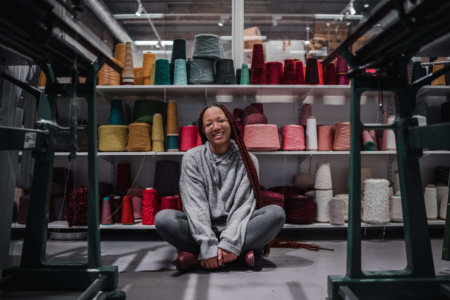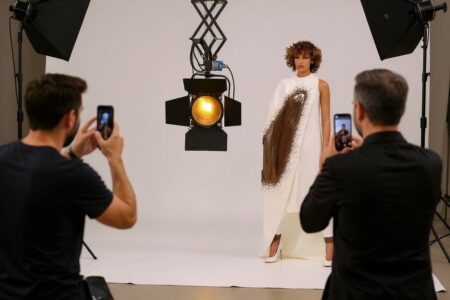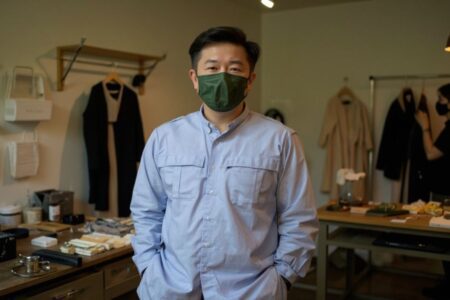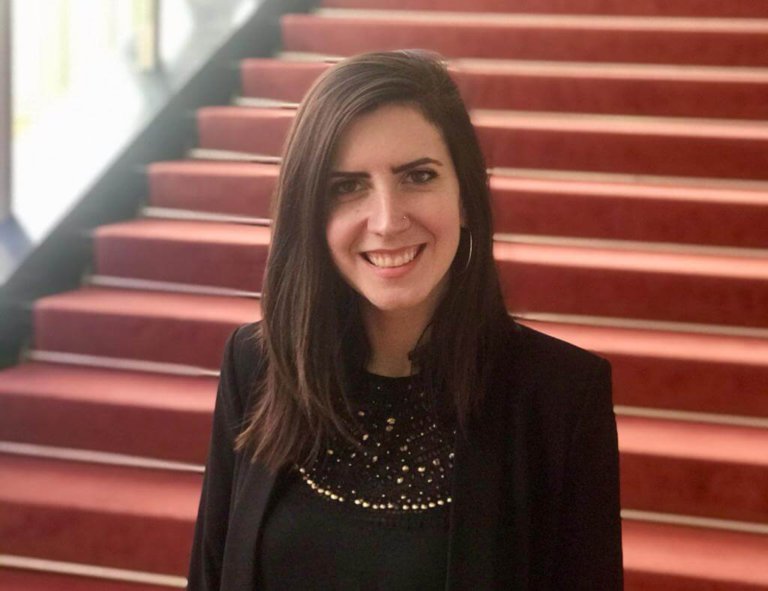
Not many fashion brands can say they’re approved by Beyonce, boast climate-neutral logistics, are made 100% locally in a Kenyan slum, pay school fees for 10 students and are the distributor of nearly 23,000 free face masks when the pandemic hit Kenya. Lookslike Avido, a sustainable fashion brand from Kibera, the country’s largest slum on the outskirts of Nairobi, can.
As an ESMT Berlin MBA student, Roxie Overaker gets to be part of this distinctive company. The Responsible Leaders Fellowship Programme helps place students in six month fellowships in emerging areas of Africa or Asia.
Overaker is set to make a lifetime of memories here as she helps with operations, brand development, business development, and even in improving automation. We caught up with this American graduate to learn more about her extraordinary experience and the business school that inspired it all:
What made you choose to pursue your MBA at ESMT Berlin?
Because of my background working for a business school, I had a very specific criteria for what I was looking for from an MBA programme. Based on the factors I observed firsthand, ESMT Berlin was the only institution that ticked all my boxes.
This included: a small school (and therefore smaller class to teacher ratio), a diverse community, a collaborative instead of competitive environment, a strong sense of community, a one-year full-time course with a sustainable/ethical business focus, and an innovative curriculum. What’s more, I wanted an MBA somewhere in Berlin as it’s one of my favourite cities and ESMT Berlin was ranked in the Financial Times Top 100 business schools.
Tell us about why you chose to work with LooksLike Avido.
I have always had an interest in Kenya. During the MBA, we had the opportunity to interview a company for a case study and I thought a Kenyan-based one would be an interesting starting point.
View this post on Instagram
Through my network, I was put in touch with a fashion designer and the founder of LooksLike Avido David Avido. I was instantly hooked. He is truly the most inspiring entrepreneur I have ever spoken with. I knew I wanted to work with him and thought his company would be the perfect fit for the Responsible Leaders Fellowship.
Where does your passion for fashion stem from? In particular, ethical/sustainable fashion?
I’ve always liked fashion as a way of self-expression. I’ve watched every season of Project Runway and in high school, I tried making my own clothes. I realised I didn’t have the talent or patience for it and decided to leave that to the professionals.
I like my pieces to tell a story and that is one of the reasons I love Avido’s fashion brand so much. You can see inspiration from the streets, the colours of the country and the creation of beauty in unexpected places. Avido’s designs are purposefully inclusive, made for any and all gender identities.
What are you up to now besides LooksLike Avido?
Until I complete the Responsible Leaders Fellowship, I will not officially graduate. In the meantime, I have started a financial education company that I am working to get off the ground. We are entering a testing phase before launching to the public.
What’s LooksLike Avido’s vision for the future?
Sustainability is one of the key components of the LooksLike Avido brand. As a company based in Kibera, Kenya, the goal is to provide sustainable employment to the community. As the company grows, there are long-term goals we hope to bring about.
David Avido hopes to create his own textile and textile design school. In the short term, he is creating an NGO in partnership with the fashion school he attended to provide training and fair employment opportunities to Kiberan youths.
In addition, he is also committed to zero waste, using all leftover and offcuts of fabric to create masks which he distributes for free to Kibera and to shoppers who purchase a garment online.
How do you use the knowledge and skills gained in your MBA programme now?
One of the great things about my project is that I have been applying every single thing I have learned from my MBA. I have referred to my notes from each and every class.
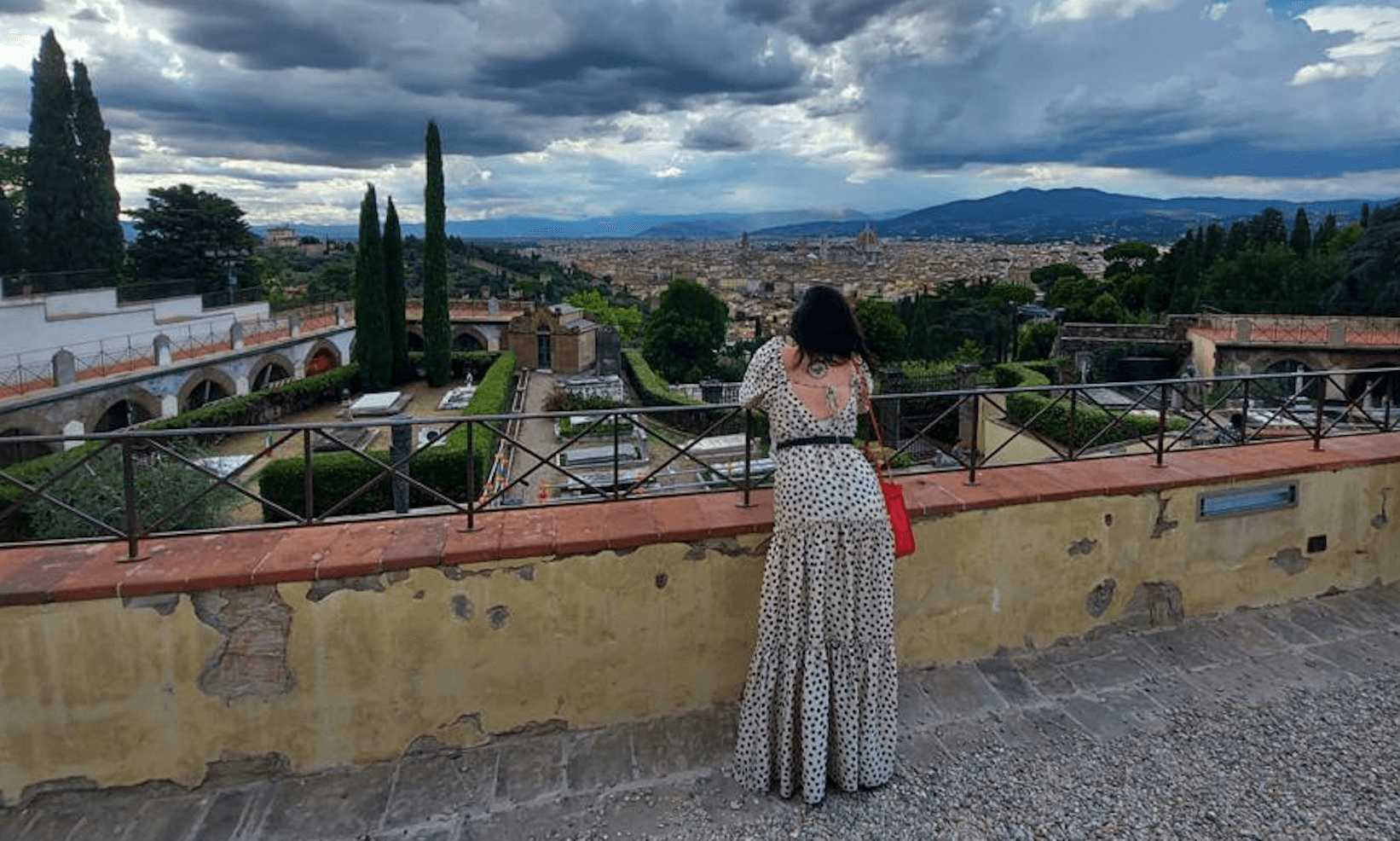
“One of the great things about my project is that I have been applying every single thing I have learned from my MBA,” Overaker says. Source: Roxie Overaker
As we are working to grow this company, there is dynamic work we have to do. I use everything from financial accounting to negotiating leadership challenges to organisational behaviour to supply chain, and everything in between.








